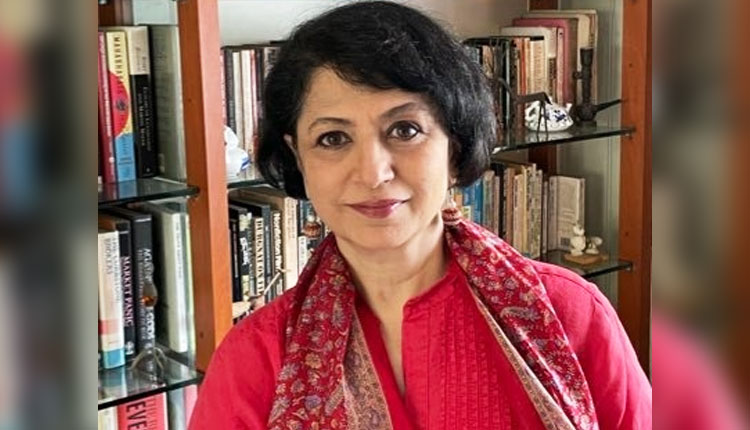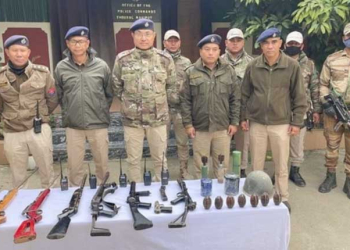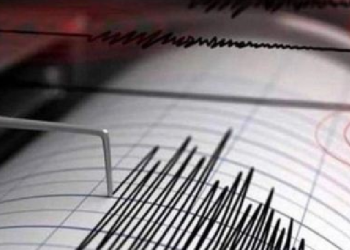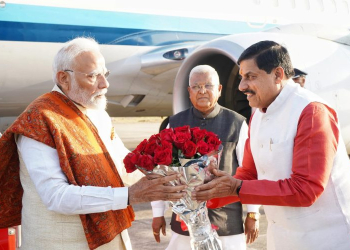New Delhi: The Supreme Court on Friday issued notice to the Centre, RBI and others on a plea by journalist Sucheta Dalal pertaining to unclaimed money of investors and depositors, which has been taken by various regulators and remains inaccessible to rightful legal heirs.
Dalal was represented by advocate Prashant Bhushan in the apex court. After hearing arguments, a bench comprising Justices Abdul Nazeer and J.K. Maheshwari issued the notice on Dalal’s plea.
The petition also raised the issues pertaining to the need for a centralised data website governed by the Reserve Bank of India (RBI), which would provide basic details of the deceased bank account holders and the need to make the process of claiming funds in dormant/inoperative accounts by legal heirs/nominees’ hassle free.
The plea urged the top court to issue directions to ensure that unclaimed funds of the public that get transferred to government owned funds viz. the Depositor’s Education and Awareness Fund (DEAF), Investor’s Education and Protection Fund (IEPF) and Senior Citizen’s Welfare Fund (SCWF) on the ground that the same were not claimed by the legal heirs/nominees, are made available to said legal heirs/nominees by providing information of holders of inoperative/ dormant accounts on a centralised online database.
“It is submitted that the Depositors’ Education and Awareness Fund (DEAF) had Rs 39,264.25 crore at the end of March 2021, up from Rs 33,114 crore on 31 March 2020 and a sharp rise from Rs 18,381 crore at the end of March 2019. Further the amount lying with the IEPF, started at Rs 400 crore in 1999, was 10 times higher at Rs 4,100 crore at the end of March 2020,” said the plea.
The plea said the information of deceased investors whose deposits, debentures, dividends, insurance and post office funds, etc., have been transferred to the IEPF, is not readily available on the website of IEPF.
“The IEPF authority publishes the name of the people whose money has been transferred to the fund on the IEPF website. However, several technical glitches are encountered when the website is accessed. Resultantly, people are forced to engage middlemen to get their refunds,” it added.
(IANS)



















